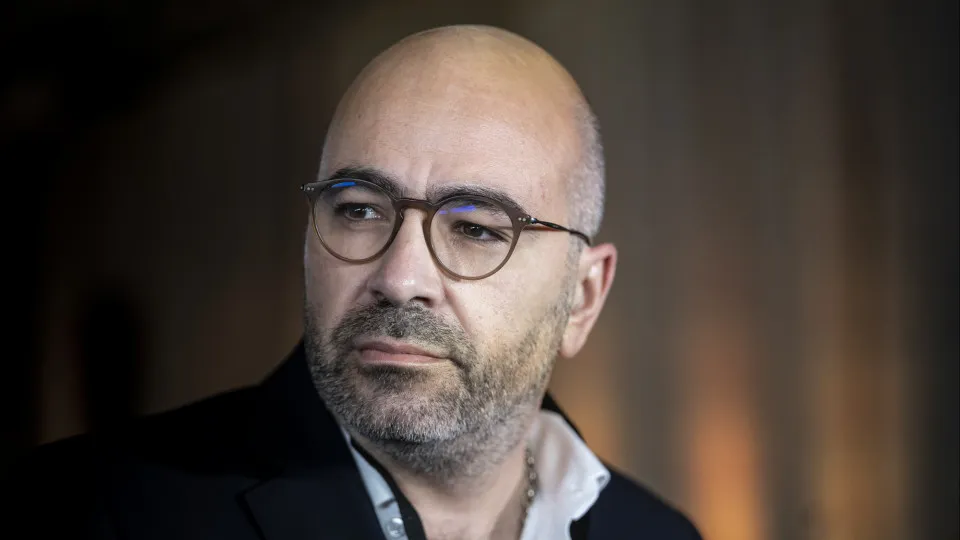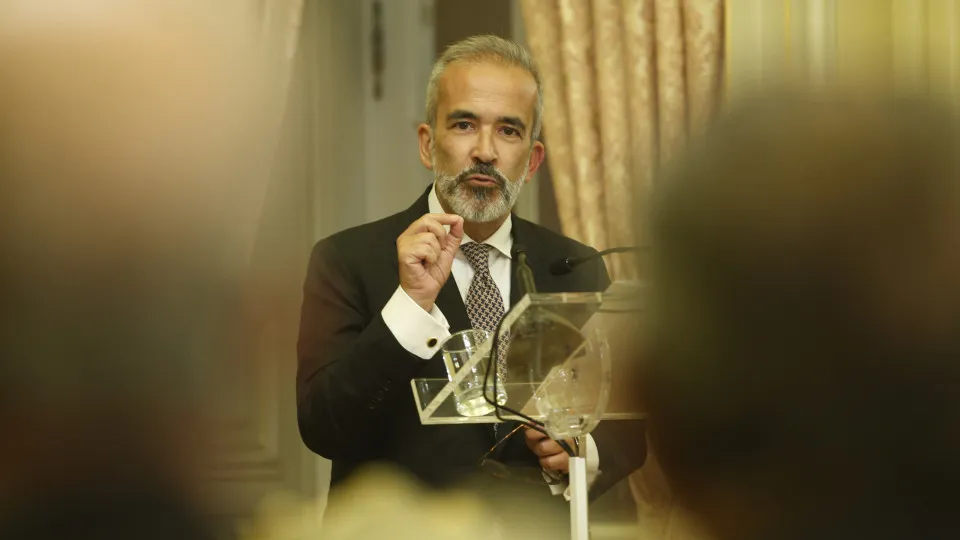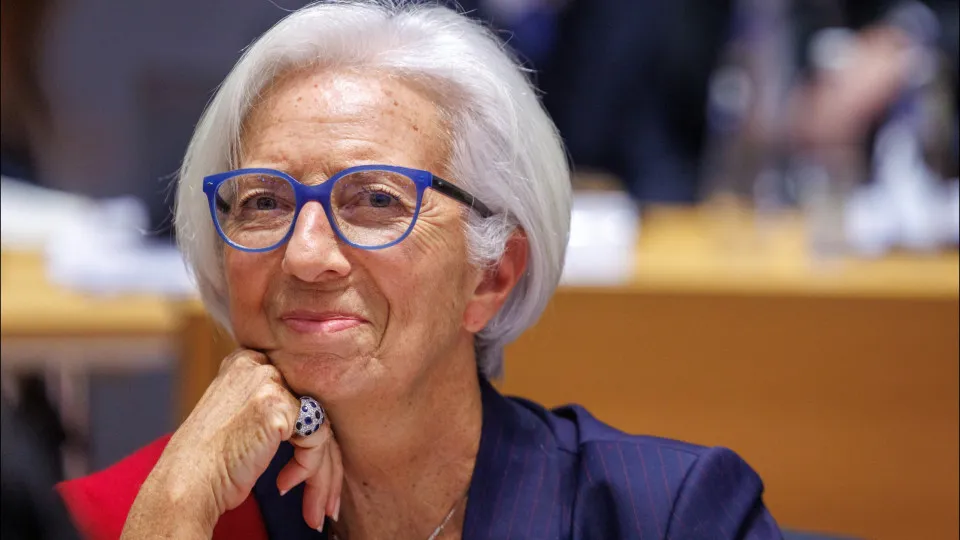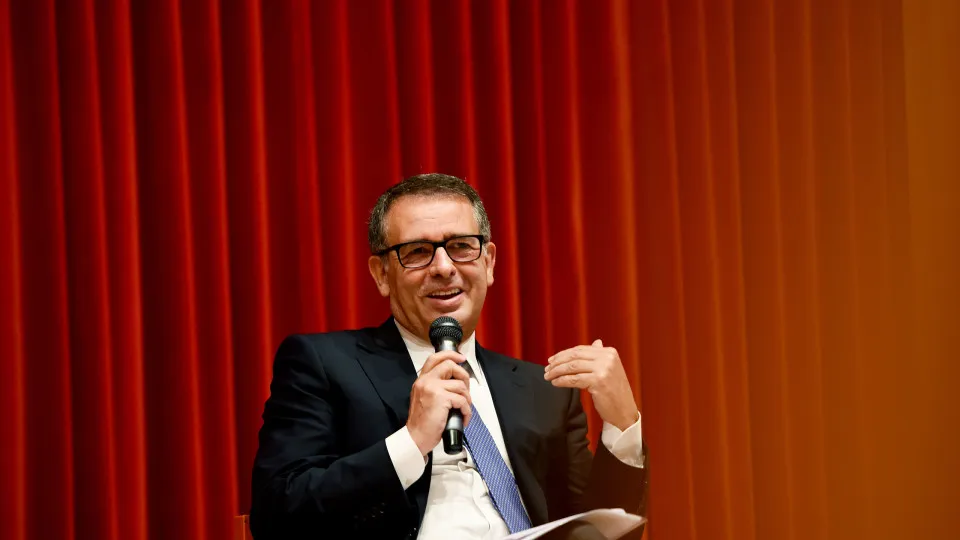
“We have reached a decision. By the end of this year, I would say by the first half of December, we will have a decision from the two intermunicipal communities on which route we should pursue,” announced Miguel Pinto Luz.
The official spoke to reporters following a meeting attended by the mayors of 18 municipalities and the two Intermunicipal Communities (CIM) involved, Viseu Dão Lafões and the Region of Coimbra.
The Minister of the Presidency, António Leitão Amaro, was also in attendance.
“We must decide whether to connect the A13 and link it to Penacova or whether to aim for the connection at the Souselas junction. Once that decision is made, the government will proceed with execution projects to advance the IP3 construction, so that by 2034 it will be 100% motorway,” the minister announced.
The minister also emphasized the involvement of the two CIM and their respective presidents, Helena Teodósio (Municipality of Cantanhede, PSD) and João Azevedo (Municipality of Viseu, PS).
According to the official, today’s dates and decisions, such as the 100% motorway profile, are historic.
The meeting today, he recalled, included mayors representing “various parties, independents, and the two largest parties.”
“This is a decade-long commitment to ensure this road no longer remains an uncertainty that has plagued all citizens of these regions for decades,” he stressed.
The official stated that this was a “very fruitful meeting, there is great understanding,” and therefore “by December 15 it is possible to have a position, both from one CIM and the other, to clearly define the choice.”
“The A13 decision has been made, anchoring to the Souselas junction and then determining what will be done to complete the IP3 connection,” he concluded.
The official also confirmed that the presence of the mayors from the two regions was to assure that the decision is made, regardless of government changes over the decade.
“I never tire of saying this: these are broad consensuses for decades. Whether it’s the airport, large rail infrastructures, or housing, we must have the skill and creativity to find these balances and consensual positions, at risk of zigzagging,” he stressed.
This is because “the Portuguese are already tired of zigzags, as are the zigzags of the roads and routes themselves.”




